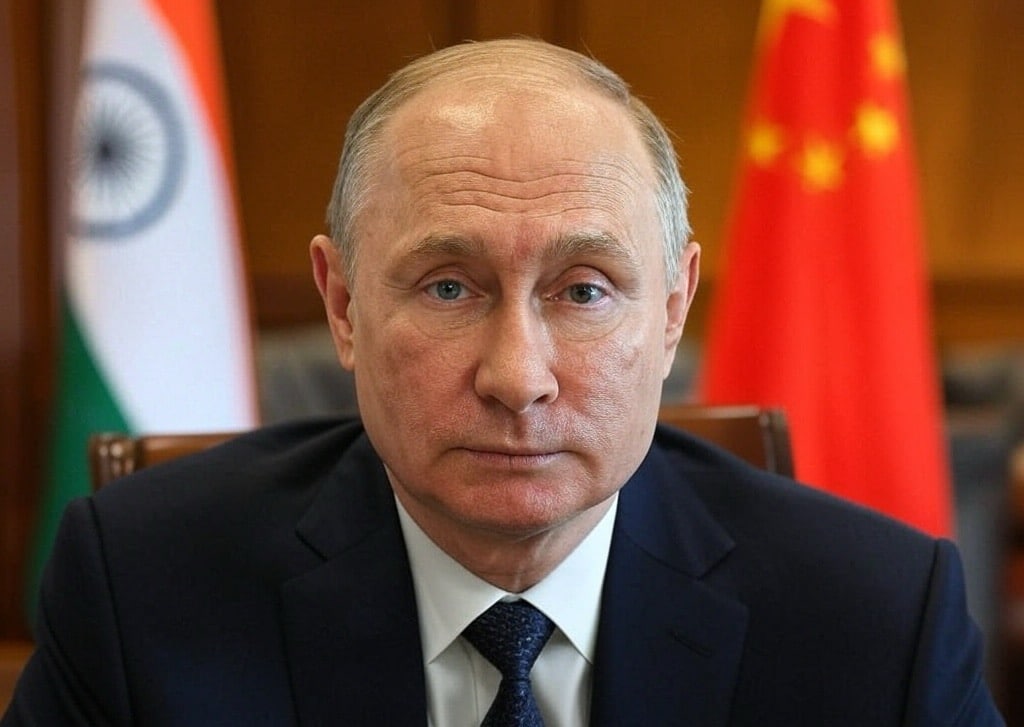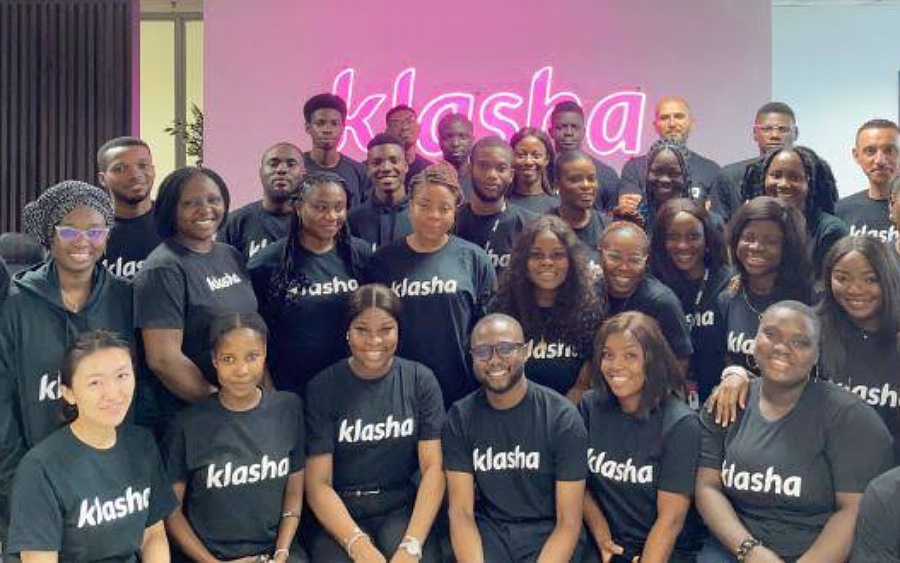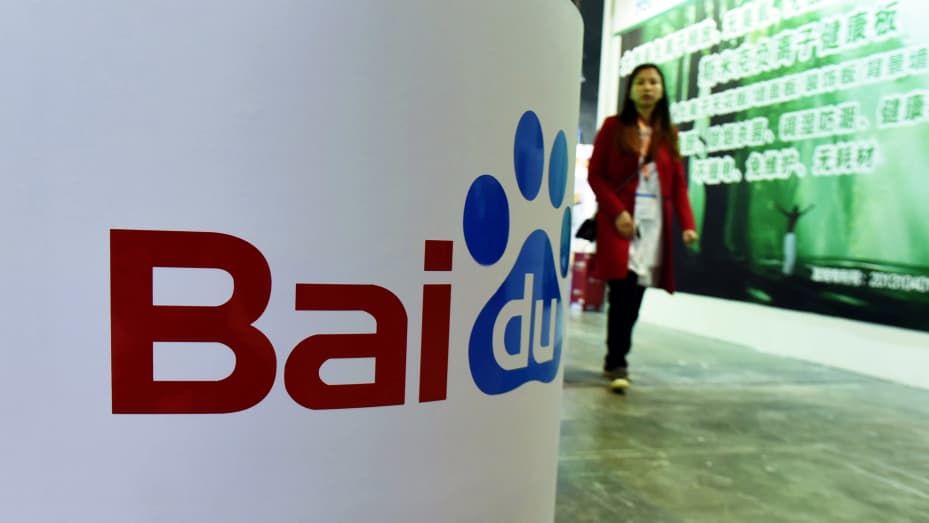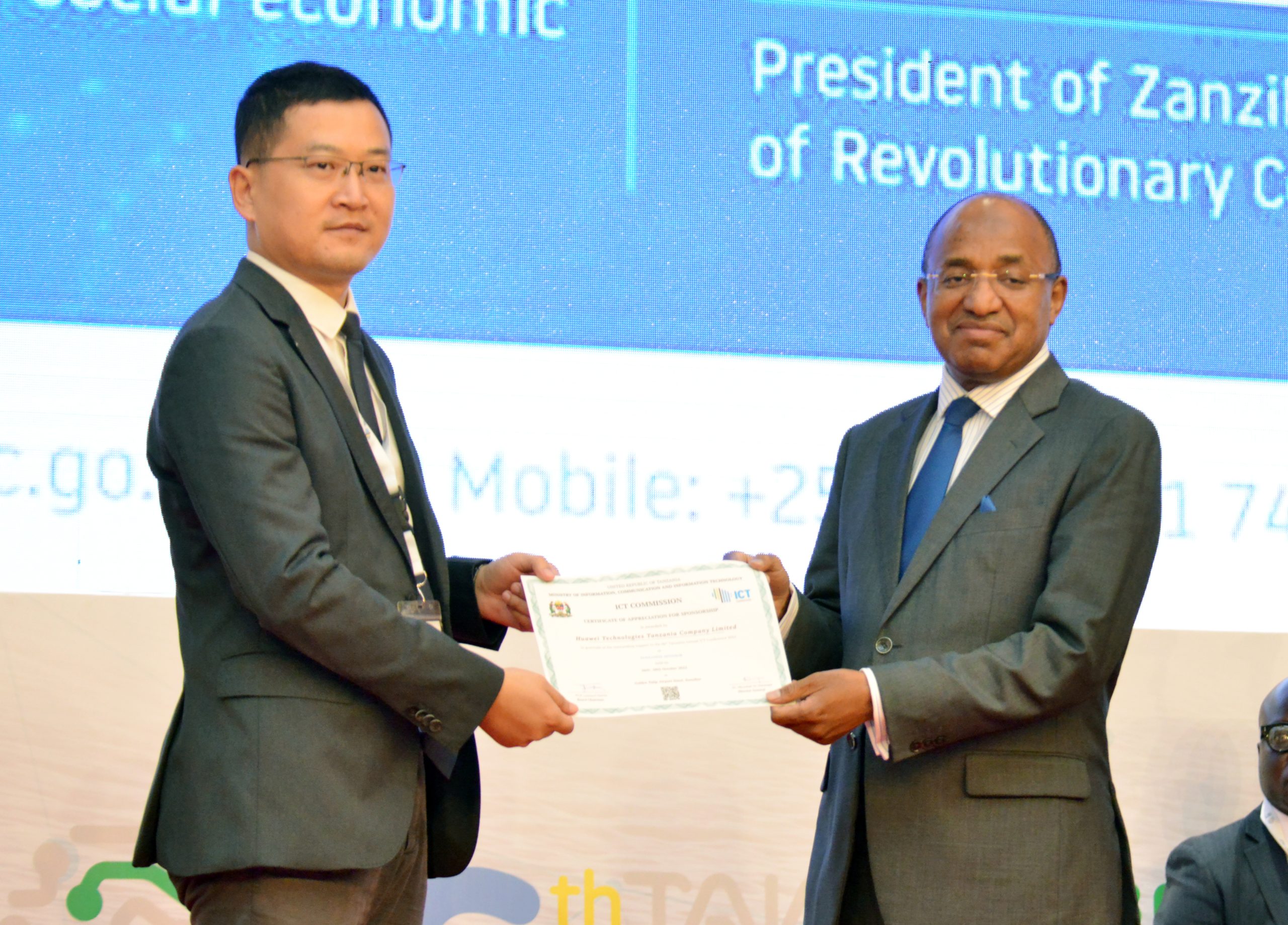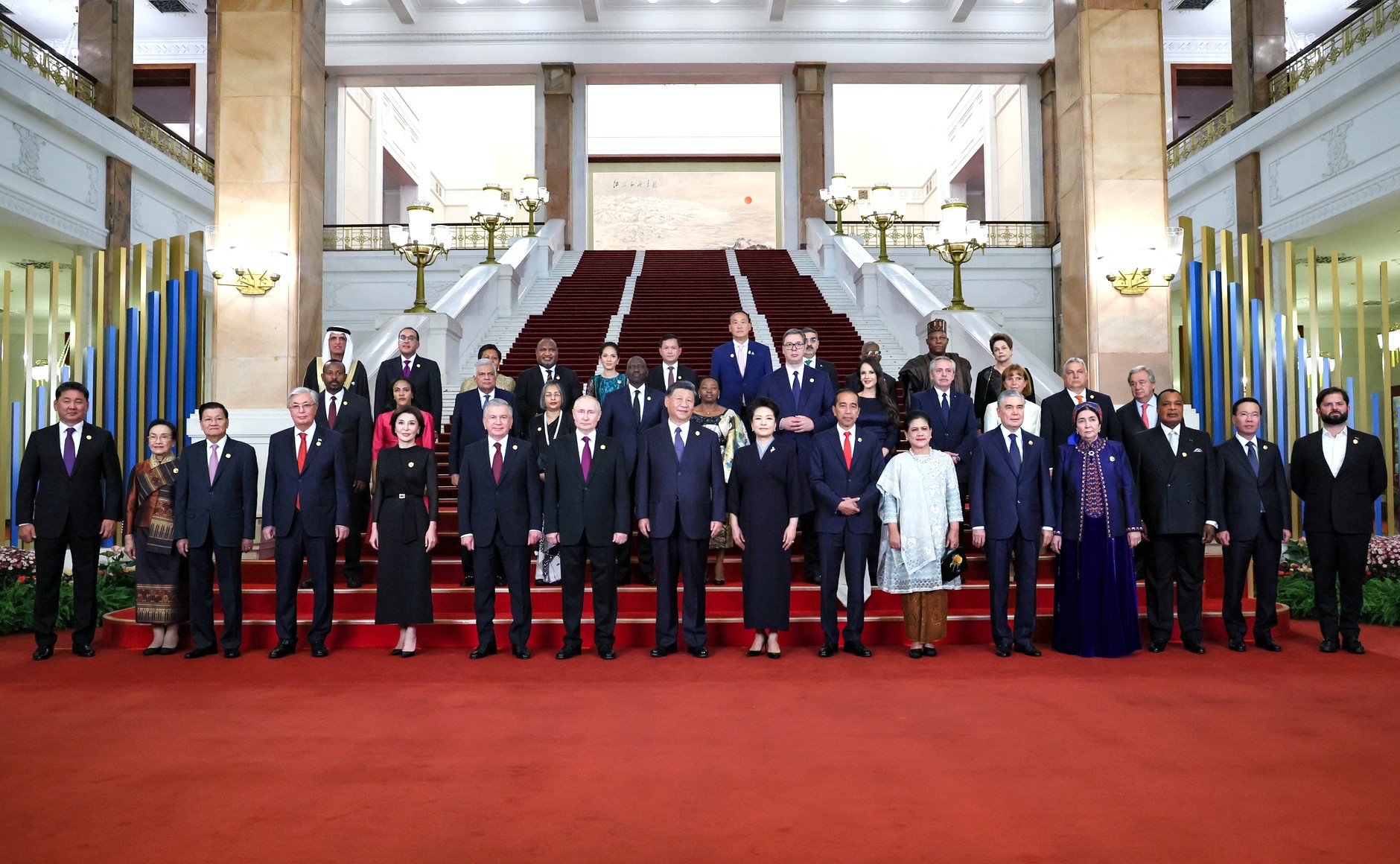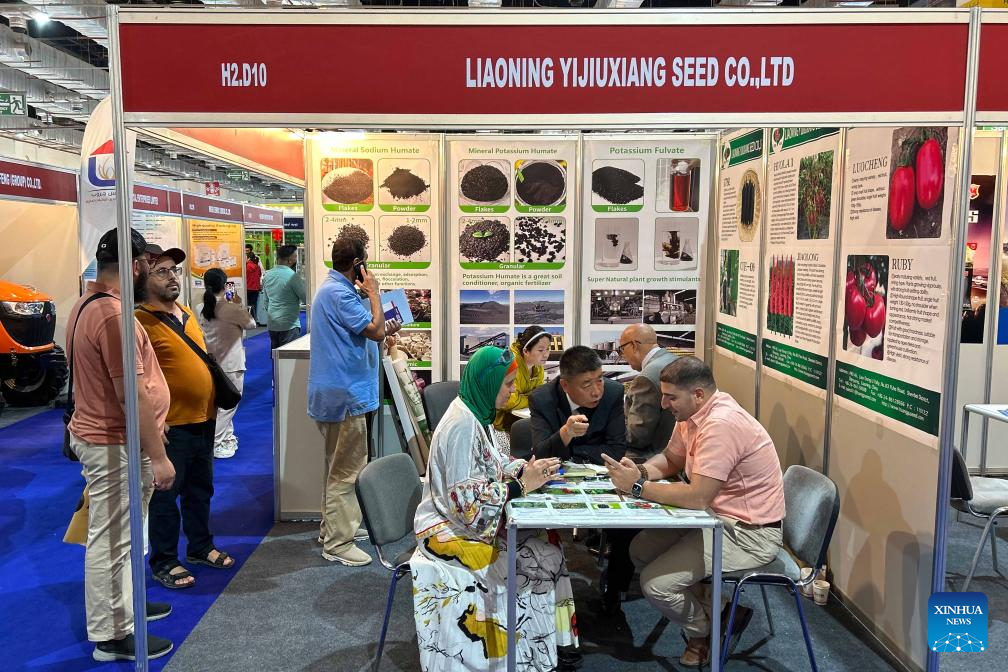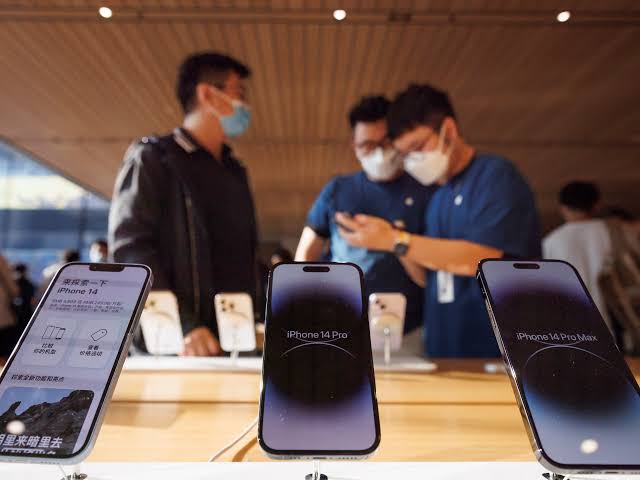Russia has turned to cryptocurrency and other digital assets to execute oil deals with China and India in order to bypass Western sanctions, according to a Reuters report on Friday citing sources familiar with the matter.
While Moscow has long supported digital currencies in international trade, the use of crypto in its oil transactions has not been widely reported. Sources told Reuters that some Russian oil companies now use bitcoin, ethereum, and stablecoins like tether (USDT) to convert payments made in yuan and rupees into rubles.
Read also: Russia sells military technology to Mali, Niger, and Burkina Faso
Russia’s expanding crypto strategy
The use of cryptocurrency in oil trade remains a small but growing part of Russia’s overall $192 billion oil market.
“It’s a convenient tool and helps run operations faster,” the international newspaper cited their source as saying, emphasising that crypto could remain a preferred method even if sanctions were lifted.
To carry out these transactions, a Chinese buyer pays a trading intermediary in yuan through an offshore account. The intermediary then converts the funds into crypto and transfers them through multiple accounts before the final conversion into rubles in Russia, two sources explained.
Other countries under U.S. sanctions, such as Iran and Venezuela, have also turned to digital currencies to sustain trade and limit reliance on the dollar. Russia, in response to tightening financial restrictions, has set up multiple alternative payment systems, with crypto being one of them.
Despite the growing role of digital assets, traditional currencies still dominate Russia’s oil transactions. Some trades rely on fiat currencies like the United Arab Emirates dirham. Additionally, Russia’s largest banks are preparing to support a digital ruble for commercial and retail use.
Read also: Ethiopia, Russia forge long-term nuclear cooperation with NSTC project
Broader economic impact and alternative currencies
Meanwhile, the impact of sanctions continues to reshape global energy markets. In January 2025, Portugal announced plans to increase liquefied natural gas (LNG) imports from Nigeria and the United States to further reduce dependence on Russian supplies.
“Portugal is now practically independent of Russian gas … but we want to reduce this figure further,” said Environment Minister Maria da Graça Carvalho at the World Economic Forum.
According to data from REN, Nigeria supplied 51 percent of Portugal’s LNG imports in 2024, while the U.S. accounted for 40 percent. Russia’s share had fallen to just 4.4 percent, a sharp decline from 15 percent in 2021, indicating the shifting energy system amid ongoing geopolitical tensions.
